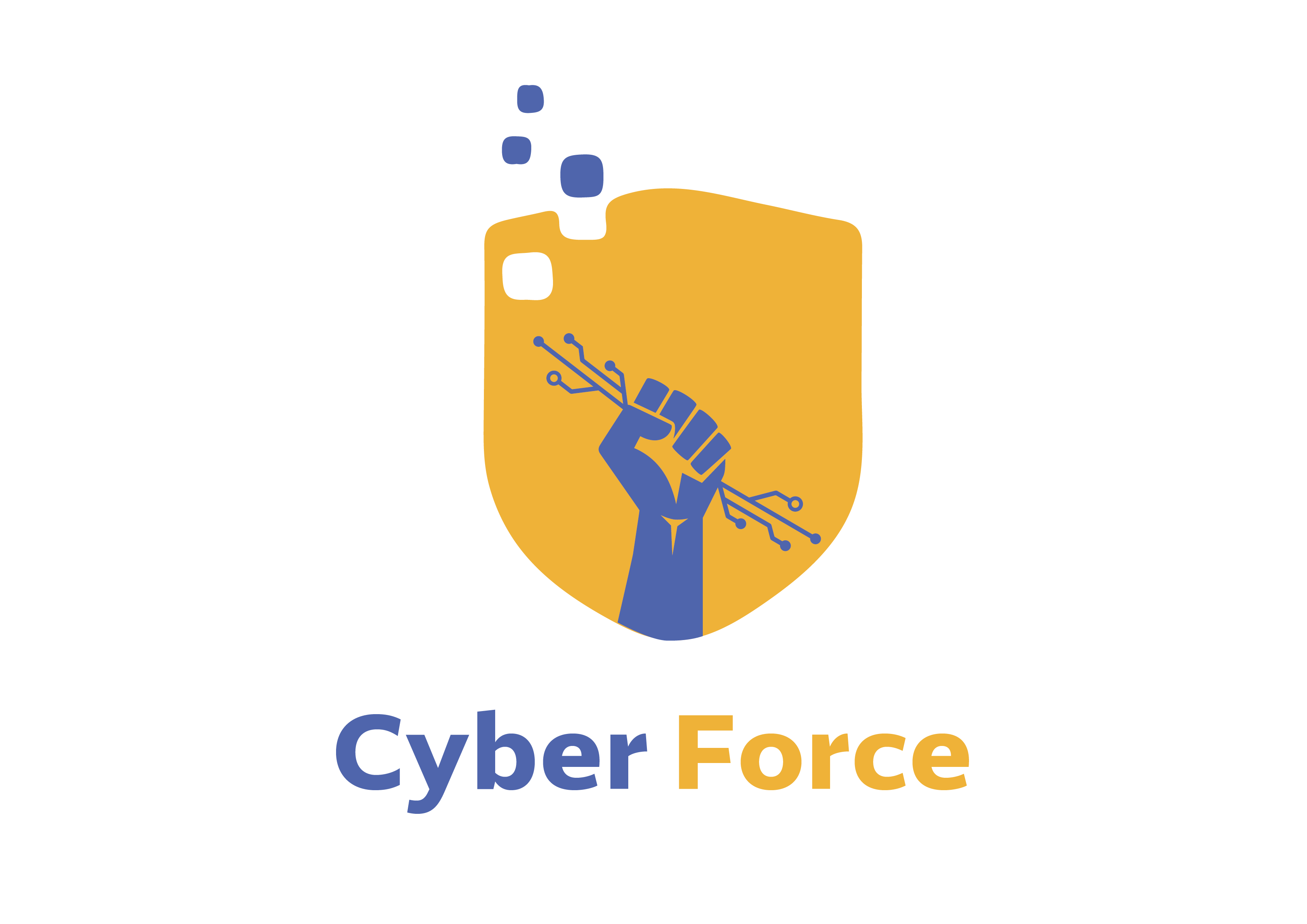The Growing Importance of Cyber Security Skills in the Digital Age
Introduction: In today’s interconnected world, cyber security has become a critical concern for organizations of all sizes and sectors. With the increasing frequency and sophistication of cyber attacks, there is a growing demand for professionals with robust cyber security skills. This article explores the significance of cyber security skills, the evolving landscape of cyber threats, and the key skills required to navigate the complex world of cyber security.
- The Evolving Cyber Threat Landscape: The rapid advancement of technology and the proliferation of digital systems have given rise to a wide range of cyber threats. From ransomware attacks to data breaches, organizations face a constant barrage of security risks. This section highlights the importance of developing and maintaining strong cybersecurity skills to counter these evolving threats effectively.
- Key Cyber Security Skills: a) Technical Proficiency: Cyber security professionals need a solid foundation in technical skills such as network security, secure coding, vulnerability assessment, and incident response. Understanding the intricacies of various technologies and systems is crucial for identifying and mitigating security risks.
b) Risk Assessment and Management: Effective cyber security professionals possess skills in risk assessment and management. They can analyze potential vulnerabilities, evaluate the impact of threats, and develop strategies to prioritize and address risks based on the organization’s unique context.
c) Security Awareness and Education: A critical aspect of cyber security skills is the ability to educate and raise awareness among employees and stakeholders. Professionals should possess strong communication skills to effectively convey the importance of security practices and encourage a security-conscious culture within the organization.
d) Ethical Hacking and Penetration Testing: Ethical hacking skills are highly valued in the cyber security domain. Professionals proficient in ethical hacking techniques can identify vulnerabilities by simulating real-world attacks through penetration testing. This enables organizations to proactively address weaknesses before malicious actors exploit them.
e) Incident Response and Forensics: Cybersecurity professionals should be equipped with skills in incident response and digital forensics. Timely and effective incident response can minimize the impact of security incidents, while digital forensics skills enable the investigation and identification of the source and extent of cyber attacks.
- Continuous Learning and Adaptability: Cybersecurity is a rapidly evolving field, requiring professionals to stay updated with the latest threats, technologies, and mitigation techniques. Continuous learning and adaptability are essential skills for cybersecurity practitioners. They must actively engage in professional development, attend conferences, participate in training programs, and pursue relevant certifications to stay abreast of the evolving threat landscape.
Conclusion: In an increasingly digital world, cyber security skills have become indispensable for organizations seeking to protect their systems, data, and reputation. The demand for professionals with expertise in cyber security continues to rise, making it a promising and rewarding career path. By developing and honing a diverse range of skills, cyber security professionals can effectively safeguard organizations against evolving cyber threats and contribute to a safer digital ecosystem.

